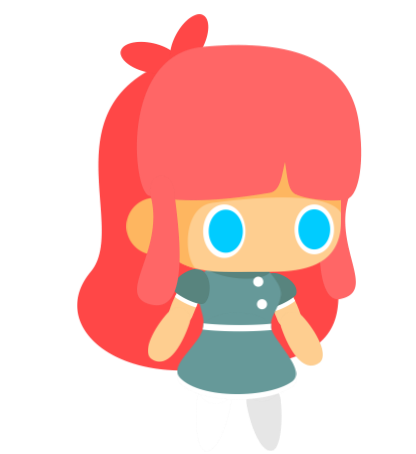ABOUT

Over the years working as a teacher, I have noticed that one of the most effective methods of teaching was when the student didn’t realize, or simply forgot that they were learning. One way of accomplishing this is through the use of games. Games are a powerful tool as they present a clear goal for the student, and have the ability to mask the (often) repetitive nature of learning while providing valuable learning experiences for a wide range of levels and types of students. This is particularly true in the case of lower level and "disinterested students" as the opportunity for "epic wins" adds extra motivation. While many people simply associate the word “games” with entertainment, they can combine multiple teaching principals such as blended learning, the structural approach, and so on.

During my studies on e-learning and my research into gamification and the psychology of motivation, I noticed a large divide between what was occurring in the classroom, and the highly stimulating, feedback rich, digital world that the students live in. Even though many “serious” electronic games used in education show promising results from an academic standpoint, they lack the motivational triggers (aka fun factor) that keep players wanting to continue engaging with them, which is how this project was born.

The aim of this project is to help learners of the English language practice gramatical structures, in a fun and exciting manner: